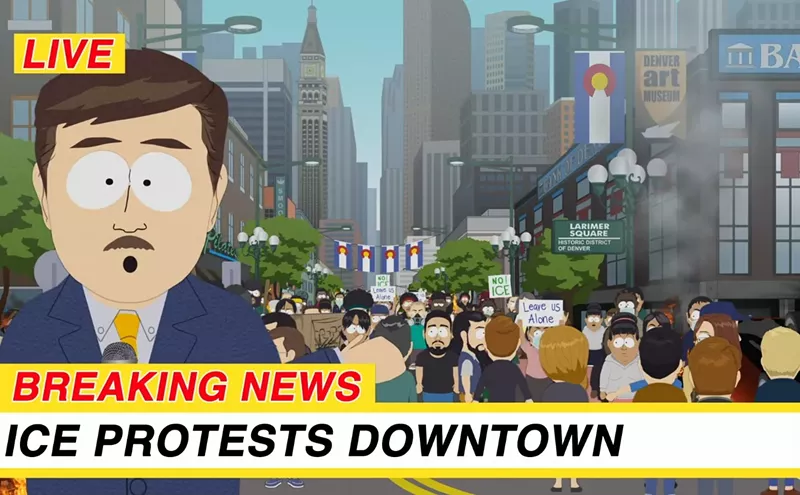Youth Without Youth, Francis Ford Coppola's self-financed return to the fray, is a curious project — well-crafted, personal and movie-movie old-fashioned even in its vanguard aspirations. Simply put, it's a Faustian romance about the reversal of time and transmigration of souls that, shot mainly in Romania, adds a soupçon of Balkan chic and anti-Nazi iconography to its rich stew of twaddle.
Coppola's source is a novella by the historian of religion Mircea Eliade (1907-86). Eliade provided what might have been footnotes to Marvel comics Thor and Dr. Strange; back in the day, his The Sacred and the Profane and The Myth of the Eternal Return were earnestly pondered by academic acid-heads like myself. But the professor had a second life, composing fictions akin to Borgesian brain-twisters.
Youth Without Youth, which Eliade wrote late in life, is one of these. Dominic Matei (Tim Roth) is an aging professor of linguistics and a self-described failure. It's Easter Day 1938 with "War Clouds Over Romania," per the newspaper headline. The weather is freakish. Dominic is actually planning to kill himself — when he's struck by lightning. "A man who survives being struck by lightning is completely changed," Eliade observed in an account of Siberian shamans. "He is a new man." So it is with Dominic. He suffers massive burns, yet his hair grows back luxuriantly, and his rotting teeth are replaced by new ones.
Inexplicably younger and immeasurably smarter, the old linguist is about to have his second chance. Meanwhile, his doctor (Bruno Ganz) ponders not only this unique medical case, but also the international situation: "France is abandoning us to the Nazis." Romanian secret police are after Dominic, and, after infiltrating a medical exam, Nazis are, too. The Gestapo plants a seductive agent (Alexandra Pirici) in the room next door; a treacherous hottie, she's got a swastika on her garter and a copy of Mein Kampf beneath the sheets.
These political indiscretions, which might have provided the basis for another sort of thriller, became widely known only after Eliade's death — and Coppola alludes to them in an oblique fashion. Whether out of a desire to protect the writer or admiration for Raiders of the Lost Ark, he ramps up the story's anti-Nazi credentials. Once it becomes known that Hitler himself is interested in "the most valuable human specimen today on the face of the earth," Dominic is spirited to neutral Switzerland, where an uncredited Matt Damon materializes as a helpful American agent, and there our hero ponders his fate: "The war rages around me.... My Romanian homeland has made a pact with the devil, [and] I am a strange superman of the future." Indeed, this superman appears to turn the tide of war in favor of the Allies by an act of will.
A decade later, lightning strikes again — and again. The ever-young octogenarian is hiking through the Alps when he encounters a new incarnation of his long-lost student love in the form of the young Swiss tourist Veronica (Alexandra Maria Lara, who played Hitler's secretary in Downfall). The sky darkens, and a thunderbolt leaves her babbling in Sanskrit. Apparently, she's possessed by the soul of a seventh-century Indian princess, which doesn't impede their going off to Malta for a bit of happy canoodling. But miracles are capricious, and Veronica's changes are not the same as Dominic's. She begins aging.
From its charmingly retro credits through its Third Man atmospherics to its bingo-bongo decade-collapsing climax, Youth Without Youth is a cinematic time machine — at once sillier and more desperate in its convictions than such kindred trips to the mystic East as Bertolucci's Little Buddha or Scorsese's Kundun. Variety has predicted Youth Without Youth will translate as cinemas without audiences, as if that were the point. This is hardly Coppola's greatest movie, but it's far from his worst. Its bid for a new beginning is "one from the heart."








